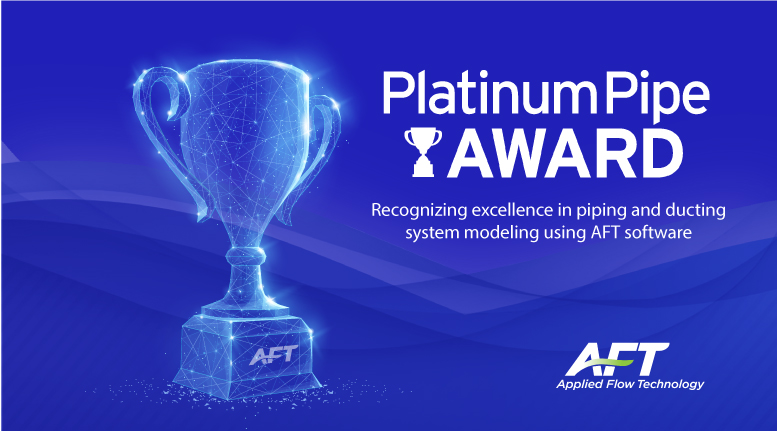AFT Blog
I Got My Professional Engineer (P.E.) License – OK, Why?
Engineering is a strange profession in many ways. One area of strangeness is what we can legally call ourselves. Or not. In medicine, law, or accounting, you cannot practice the profession without a license. And that typically involves passing an exam. It may be difficult to accomplish, but the process is straightforward.
In engineering things are often different. In many cases you can practice the profession of engineering without passing any licensing tests. You just graduate from an institution of higher learning and someone hires you (hopefully!). They may call you an engineer at your place of employment. But you cannot legally call yourself an engineer without getting licensed.
Back when I was an undergraduate mechanical engineering student in California (go Gauchos!), I had a fluid mechanics professor named Dr. Hickman. He encouraged me and my classmates to pursue getting licensed. In the United Stated this is called becoming a "Professional Engineer" or P.E. for short.
I took Dr. Hickman's advice and took the Fundamentals of Engineering (F.E.) exam near the end of my senior year. I passed the exam which entitled me to call myself an EIT (Engineer In Training). At the time it was not clear that I would ever need a P.E. license. I was told that passing the F.E. exam and (later) the P.E. exam would get harder the more years passed from finishing at the university. I concluded at the time that getting my P.E. license would never hurt my career – but might help it someday.
In California you are required to have four years of experience working under the supervision of another P.E. I was working in the aerospace industry at the time where a P.E. license for Mechanical Engineers is rarely if ever needed. However, I was fortunate to work under Emmet Christensen who was a P.E. That meant that I worked under the supervision of a P.E. and qualified to take the P.E. test. So I took my P.E. exam four years after my F.E., and along the way finished a Master of Science degree in Mechanical Engineering (which counted towards my four years of experience).
Fast forward 24 years and I can tell you how many times I needed my P.E. license during that time – exactly zero. Which made the whole process seem like a waste of time, energy and money. And then something happened. A company I had helped start and of which I was (and still am) President (Purple Mountain Technology Group) won a lucrative project which needed a P.E. to stamp the reports. And I was the only one with a P.E. at the time who could do this. My P.E. had finally paid off!
I think the reasoning I used back at the university still applies today to professional licensing. Getting your P.E. license (in the USA) or whatever it is called in your own country, will never hurt your career. But it may help some day. I have spent the vast bulk of my career in an area of expertise which did not even exist when I was in school. That is more true today than ever for those of you who happen to be studying engineering. In that you really do not know where your career may lead, getting a P.E. or equivalent should be a no-brainer.



Comments